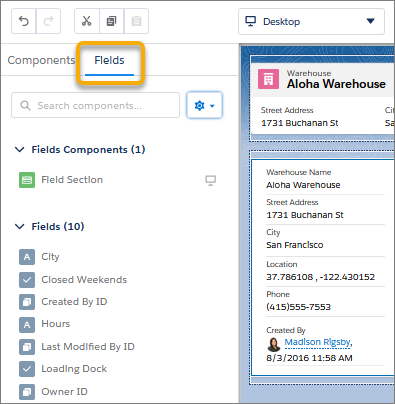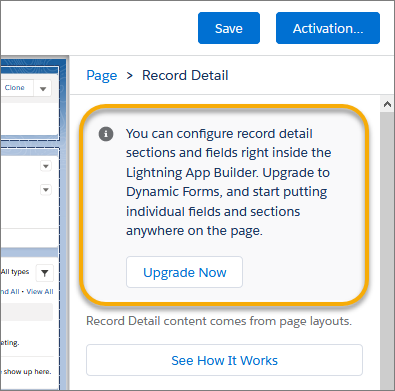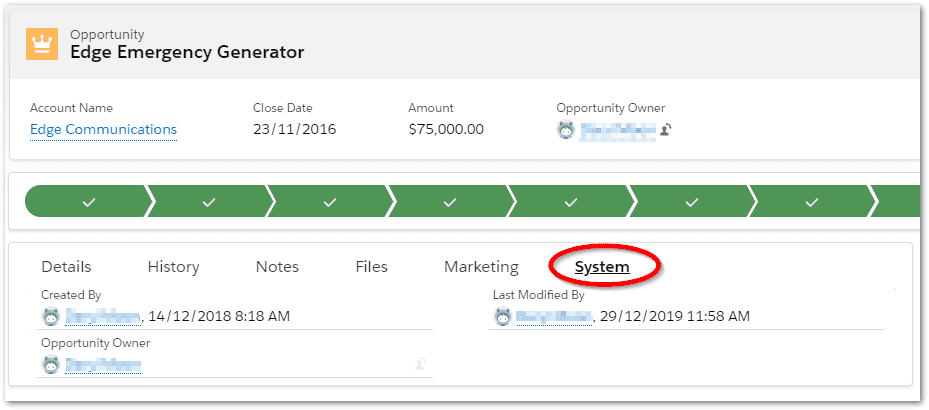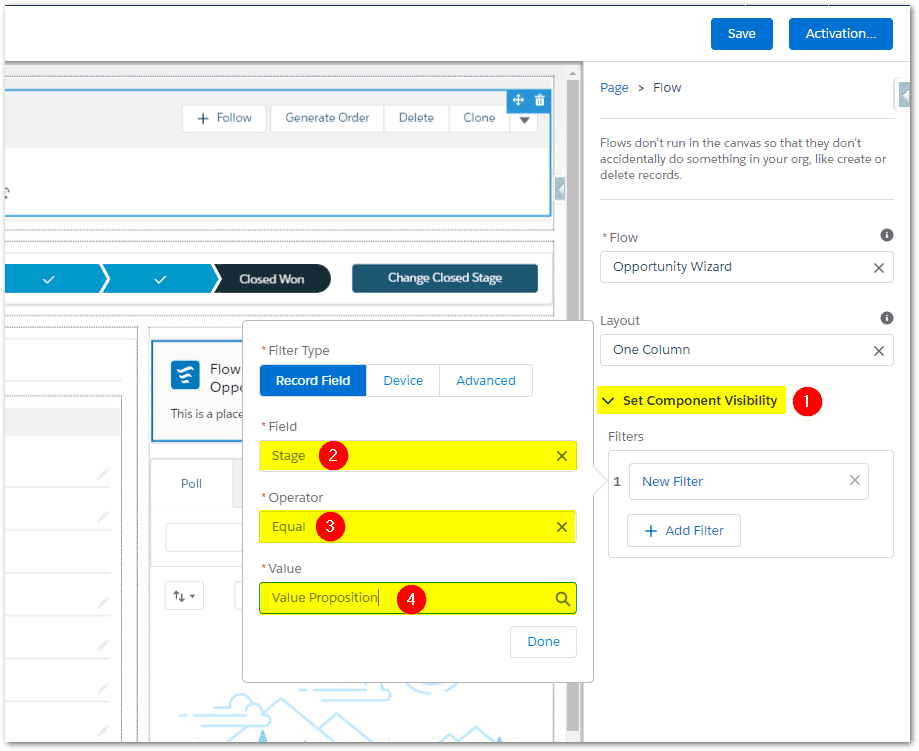
Pave The Way For Salesforce Dynamic Forms
What is the world’s leading CRM?
The answer we get is Salesforce.
And when they get something huge for their customers, it gets even better!
Salesforce is expected to launch its long term pilot feature named “Dynamics Form” first demonstrated in Dreamforce 2018. Let’s see what is Dynamics Form and ways it can help our users.
Winter 2020 is here and last year Salesforce announced five anticipated releases which they rolled out this year.
- Recycle bin is coming in Lightning App Builder.
- The all-new Lightning mobile app.
- Now you can print the lists from the Lightning app. Additionally, the printable view gives you the only parts of the screen you need.
- Give away the plethora of counting unique opportunities now with the Power of One filter.
- Easily run schedule flows.
But, Dynamic Forms is the major release in the market. Let’s see it in brief:
What are Salesforce Dynamic Forms?
Dynamic forms are to create user-centric, intuitive page layouts that will display proper information at the right time. With it, developers can put each field wherever they want on the Lightning page. No more classic page layouts, and combine layouts such that you can display the needed section on the screen.
Benefits of Dynamics Forms
- Upgrade to your page layout immediately so you can have a field and section wherever you want.
- Better page performance. You can put page and section headings in a way that requires less page load time.
- It provides dynamic layouts to show or hide fields in the section.
- Reduce the number of page layouts.
A quick glimpse into how Salesforce Dynamics Form works:
Currently, it is working only on custom objects and support for standard objects will be available later.
Salesforce Dynamic form brings out several new features:
-
-
Fields Tab:
-
It is a left-hand component pane and it contains fields associated with your custom object and field section component.
-
-
Record Detail Component:
-
After you create the record page, you can simply drag and drop field section components and fields on the page. As dynamic forms are flexible you can easily organize, rearrange, and even place sections in the tab.
If there are any existing record pages then you can easily drag and drop the sections in an easier way. Just click on the Record Detail component and you can see it on the top of the Record Details properties pane.
Once you click on Upgrade Now the Salesforce Dynamic Form migration wizard starts. Go through the wizard and select the page layout which has fields that you want to migrate.
![]() Don't forget to check out: Learning All About Process Builder in Salesforce
Don't forget to check out: Learning All About Process Builder in Salesforce
-
-
Separate Marketing and System Tabs:
-
Marketing campaigns will show you the lead source and primary campaign source field whereas; system information will be available under the system tab.
-
-
Component Visibility:
-
Once you add the component to the page you can see component visibility on the side panel. It will provide you with multiple filter options.
Wrapping It Up
Salesforce Dynamic Forms is making it easier for developers to create Lightning page objects. This will lessen the workload of developers and instead helps to focus on more critical parts. If you have tried then do let us know your inputs for Salesforce Dynamic Forms.
![]() Check out another amazing blog by CRM Jetty here: 4 Ways a Customer Portal Makes Salesforce & WordPress a Winning Fusion
Check out another amazing blog by CRM Jetty here: 4 Ways a Customer Portal Makes Salesforce & WordPress a Winning Fusion
About Us
CRMJetty is a hub of innovative customer relationship solutions. Our tools ensure that you can render enhanced interactions at each stage of your customer lifecycle. So, if you are searching for the right customer portal solution for your company, then we can help you. We have served in this industry for over a decade and have built many portals that have helped our customers. So, get in touch with us and we will help you develop custom web portal solutions.









Responses